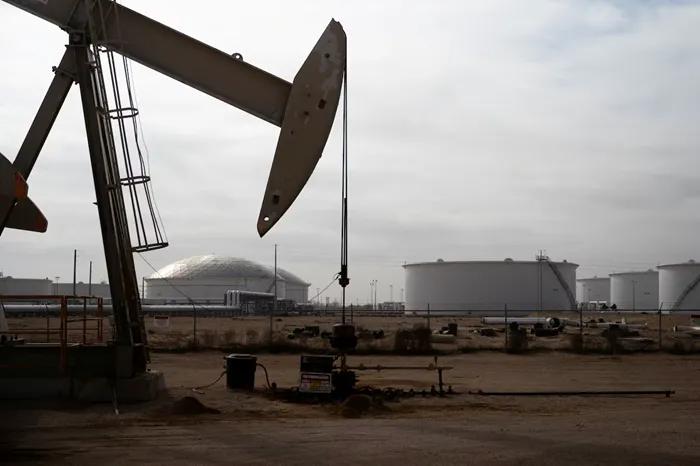Oil prices declined by 1% on Thursday following reports that OPEC+ is discussing a possible production increase for July. This has raised concerns that global oil supply could surpass demand growth. Brent crude futures dropped by 64 cents, or 1%, to $64.27 per barrel, while U.S. West Texas Intermediate crude fell 59 cents, or 1%, to $60.98 per barrel by 0800 GMT.
The Organization of the Petroleum Exporting Countries and its allies, collectively known as OPEC+, are reportedly considering a production boost of 411,000 barrels per day (bpd) for July, although no final decision has been made. Market analysts interpret this move as OPEC shifting from defending prices toward gaining market share.
OPEC+ has been gradually ending its output cuts, adding supply in May and June. Reports suggest the group may increase output by as much as 2.2 million bpd by November. RBC Capital analyst Helima Croft stated that the 411,000 bpd increase from Saudi Arabia in July is the most probable outcome of the upcoming meeting. A key factor will be whether voluntary cuts are fully lifted according to the original schedule.
Meanwhile, U.S. crude inventories unexpectedly rose by 1.3 million barrels last week, reaching 443.2 million barrels, according to the Energy Information Administration (EIA). This build-up was contrary to analysts’ expectations of a 1.3 million barrel drawdown. The surprise inventory increase, combined with high crude imports and declining gasoline demand, is expected to put downward pressure on prices, particularly for West Texas Intermediate crude.
As OPEC+ debates production, rising yields on 10-year U.S. Treasury bonds suggest the group may be increasing oil supply even as demand weakens.
Reporting by Anna Hirtenstein, with additional contributions from Yuka Obayashi, Michele Pek, and Florence Tan. Edited by David Goodman.
Related Topics:
The US-China trade truce boosts oil prices
US Sanctions Companies Involved in Shipping Iranian Oil to China

